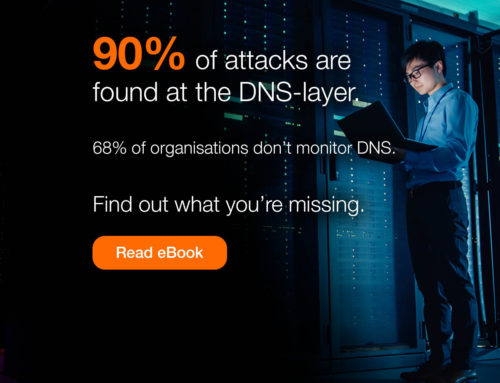In today’s digital landscape, where cyber threats lurk around every corner, the security of your business data is paramount. Your online accounts are the gateways to your sensitive information, financial assets, and intellectual property. As such, safeguarding them against malicious actors should be a top priority for every small business owner.
Why Having A Strong Password Is Important
A strong password serves as the first line of defence against cyber attacks. It acts as a barrier, preventing unauthorised access to your accounts and thwarting potential breaches. Without robust password practices, you leave yourself vulnerable to identity theft, financial fraud, and other cybercrimes.
Weak or easily guessable passwords are akin to leaving the front door of your business wide open for intruders. Cybercriminals employ various tactics, such as brute force attacks and dictionary attacks, to crack passwords and gain illicit access to accounts. By using outdated practices or opting for simplistic passwords, you inadvertently invite these threats into your digital domain.
Password Security Best Practices
Creating a strong password is the cornerstone of effective cybersecurity. But what constitutes a strong password, and how can you ensure your accounts are adequately protected? Consider the following guidelines:
Length Matters: Aim for passwords that are at least 12 characters long, with longer passwords offering greater security. A passphrase—a sequence of words or a memorable phrase—can be an excellent choice for achieving both strength and memorability.
Complexity is Key: Incorporate a diverse mix of character types, including uppercase letters, lowercase letters, numbers, and special symbols. Avoid predictable patterns or sequences, as these can be easily exploited by cybercriminals.
Uniqueness is Essential: Never reuse passwords across multiple accounts. Each account should have its own distinct password to prevent a single breach from compromising multiple accounts.
Regular Rotation: Change passwords periodically, particularly for critical accounts such as banking or email. Regular updates help mitigate the risk of unauthorised access and data breaches.
Utilise Password Managers: Consider using a reputable password manager to generate, store, and manage complex passwords securely. Password managers can alleviate the burden of memorising multiple passwords while enhancing overall security.
Implement Two-Factor Authentication (2FA): Enhance account security by enabling two-factor authentication wherever possible. 2FA adds an additional layer of protection by requiring a second form of verification, such as a code sent to your mobile device.
By adhering to these best practices, you can significantly bolster the security of your online accounts and mitigate the risk of falling victim to cyber attacks.
The Importance of Cybersecurity Education
In addition to implementing strong password practices, ongoing cybersecurity education is essential for small business owners and their employees. Staying informed about emerging threats, best practices, and industry standards empowers individuals to recognise and respond effectively to potential risks.
Regular training sessions, workshops, and resources can help cultivate a culture of cybersecurity awareness within your organisation. Educating employees about the importance of password security, phishing prevention, and safe browsing habits equips them with the knowledge and skills needed to defend against evolving cyber threats.
In an increasingly interconnected digital landscape, the importance of having strong passwords cannot be overstated. By following best practices for password security, small businesses can fortify their defences against cyber threats and protect their valuable assets from exploitation. Remember, strong passwords are the foundation of effective cybersecurity—invest in them wisely to safeguard your business’s future.
Ready to take your cybersecurity to the next level? Contact the team of IT experts at Kalamazoo IT today for personalised advice and assistance. Schedule a Free Cyber Security Audit to assess your current security posture and identify areas for improvement.




